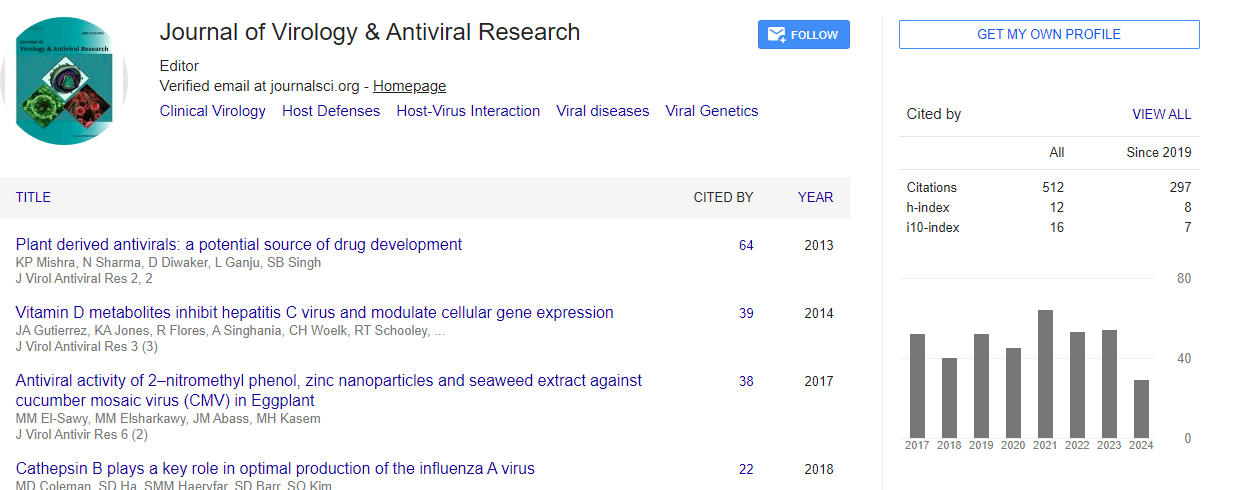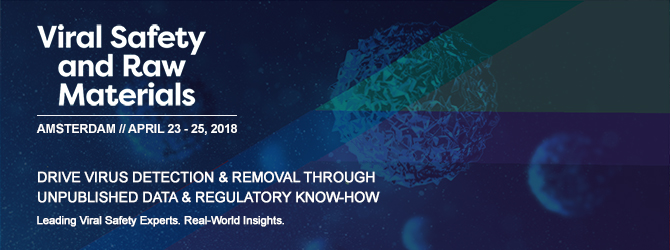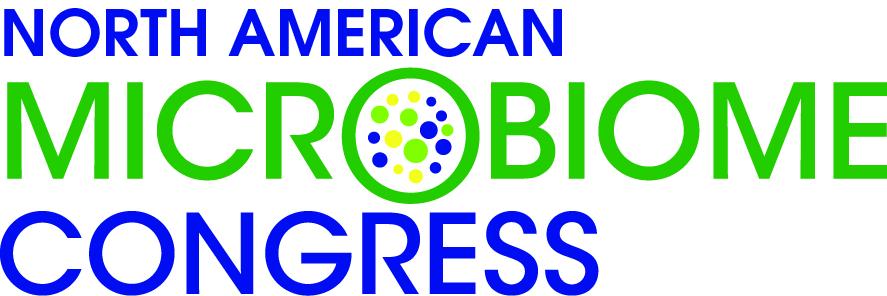Opinion Article, J Virol Antivir Res Vol: 12 Issue: 1
The Potential of Host Defenses: Mechanisms and its Effects
Roonei Cooter*
Department of Pathology, Stanford University School of Medicine, Stanford, CA 94305-5176, United States of America
*Corresponding Author: Roonei Cooter
Department of Pathology, Stanford University School of Medicine, Stanford, CA 94305-5176, United States of America
E-mail: roonter@stanum.edu
Received date: 01 January, 2023, Manuscript No. JVA-23-95277;
Editor assigned date: 03 January, 2023, PreQC No. JVA-23-95277 (PQ);
Reviewed date: 17 January, 2023, QC No. JVA-23-95277;
Revised date: 24 January, 2023, Manuscript No. JVA-23-95277 (R);
Published date: 31 January, 2023, DOI: 10.4172/2324-8955.1000674
Citation: Cooter R (2023) The Potential of Host Defenses: Mechanisms and its Effects. J Virol Antivir Res 12:1.
Description
The human body is equipped with a complex system of defense mechanisms, commonly referred to as host defenses, to protect against invading pathogens such as viruses, bacteria, and fungi. These host defenses will play an important role in safeguarding the body from infections and maintaining overall health.
The innate immune response serves as the body's first line of defense against pathogens. It is a rapid and non-specific immune response that provides immediate protection upon encountering a pathogen. The innate immune response involves various mechanisms, including physical barriers (such as the skin and mucous membranes), chemical defenses (such as antimicrobial peptides), and cellular defenses (such as phagocytes and natural killer cells). These mechanisms work in concert to detect, neutralize, and eliminate invading pathogens.
The adaptive immune response, also known as the acquired immune response, is a highly specialized defense mechanism that is activated upon encountering specific pathogens. Unlike the innate immune response, the adaptive immune response is highly specific and tailored to the particular pathogen. It involves the activation of immune cells such as B cells and T cells, which produce antibodies and cytokines to target and eliminate the pathogen. The adaptive immune response also has the remarkable ability to "remember" previous encounters with pathogens, allowing for a faster and more effective response upon re-exposure.
Impacts of host defenses on pathogen control and disease outcome
Host defenses p lay an important rolien controlling in fections and determining disease outcomes. When the host defenses are robust and effective, they can effectively neutralize or eliminate pathogens, preventing the progression of infection and minimizing the associated symptoms. However, when the host defenses are compromised or engulf, which can lead to uncontrolled pathogen replication, immune system dysregulation, and increased disease severity. For example, in individuals with weakened immune systems, such as those with the immunodeficiency disorders or elderly individuals, host defenses may be less effective in controlling infections, leading to more severe an d prolonged illness.
Modulation of host defenses by pathogens
Pathogens have evolved various strategies to evade or manipulate host defenses to establish infection and survive within the host. For example, viruses can evade host defenses by blocking immune signaling pathways, inhibiting immune cell activation, or evading recognition by the immune system. Bacteria can produce virulence factors that interfere with host immune responses, while fungi can modulate host defenses through the production of toxins or other immunomodulatory molecules. Understanding the mechanisms by which pathogens evade or manipulate host defenses is essential for developing strategies to enhance the immune response and combat infections.
Role of host defenses in immunotherapies and vaccines
The understanding of host defenses has also paved the way for the development of immunotherapies and vaccines against various diseases. Immunotherapies, such as immune checkpoint inhibitors and adoptive T cell therapies, aim to enhance the body's immune response against cancer cells or other diseases. Vaccines, on the other hand, work by stimulating the host defenses to produce a specific immune response against a particular pathogen, providing immunity and protection against future infections. Advances in our understanding of host defenses have contributed to the development of novel immunotherapies and vaccines, revolutionizing the field of medicine and improving patient outcomes.
Conclusion
Host defenses are a complex and intricate system that plays a pivotal role in protecting the body against pathogens. The innate and adaptive immune responses work in tandem to detect, neutralize, and eliminate invading pathogens, including viruses like HIV. However, HIV has evolved sophisticated strategies to evade and manipulate the immune system, resulting in a complex and dynamic relationship between the virus and the host defenses.
 Spanish
Spanish  Chinese
Chinese  Russian
Russian  German
German  French
French  Japanese
Japanese  Portuguese
Portuguese  Hindi
Hindi 

